By: Dr. Elizabeth Eggert
 At Eggert Family Dentistry, we are no stranger to unexpected dental incidents. From sports injuries to falls to hard or sticky foods that wreak havoc on teeth, we know there are plenty of scenarios that can lead to dental damage. The challenge comes in deciphering which scenarios constitute a dental emergency and which scenarios don’t need immediate attention, and then proceeding accordingly.
At Eggert Family Dentistry, we are no stranger to unexpected dental incidents. From sports injuries to falls to hard or sticky foods that wreak havoc on teeth, we know there are plenty of scenarios that can lead to dental damage. The challenge comes in deciphering which scenarios constitute a dental emergency and which scenarios don’t need immediate attention, and then proceeding accordingly.
A cracked or broken tooth is one example of unexpected dental damage. In this case, it’s important to weigh the severity of the fracture. If your tooth is only slightly chipped or cracked, and isn’t resulting in significant nerve discomfort or pain, it’s likely not an emergency and you can call us during regular business hours. However, if your tooth is severely fractured and/or is causing you significant nerve pain (8-10/10 on the pain scale), we recommend you call Eggert Family Dentistry immediately. If the emergency happens after normal business hours, you will be directed to call Dr. Elizabeth’s cell phone number.
In the case of a severe trauma, like if a tooth is knocked out, there is a specific protocol we recommend you observe. Stop bleeding with a cold, wet compress. Then, while handling the tooth as little as possible and not touching the root of the root, try and place the dislodged tooth back into the socket. It is very important to orient the tooth in the correct direction. Lightly biting down on moistened gauze may help temporarily relodge the tooth. If your tooth does not go back into the socket, place it in a small cup of milk to preserve it and transport it to our office. Whether the tooth relodges or not, a knocked out tooth always constitutes an emergency. Call Eggert Family Dentistry right away. The tooth needs to be replanted within an hour.
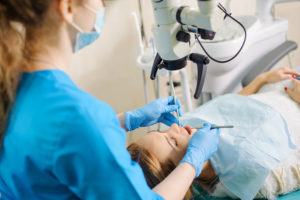 Occasionally, an abscessed tooth will present itself with immediate and intense nerve pain and/or severe swelling. If you suspect this is happening for you, we recommend you give us a call at the onset of symptoms, once again utilizing Dr. Elizabeth’s cell phone number for after hour emergencies. In the middle of the night, she may not get the call. If at any time you feel like your airway is compromised or the swelling is out of control, it is important to go to the nearest Emergency Room.
Occasionally, an abscessed tooth will present itself with immediate and intense nerve pain and/or severe swelling. If you suspect this is happening for you, we recommend you give us a call at the onset of symptoms, once again utilizing Dr. Elizabeth’s cell phone number for after hour emergencies. In the middle of the night, she may not get the call. If at any time you feel like your airway is compromised or the swelling is out of control, it is important to go to the nearest Emergency Room.
We make all dental emergencies a top priority. Dr. Jeff and Dr. Elizabeth intentionally leave slots in their schedules to see patients who are in need of urgent dental care.
If you have any questions regarding dental emergencies, we would be happy to connect with you. We can be reached at 651.482.8412!


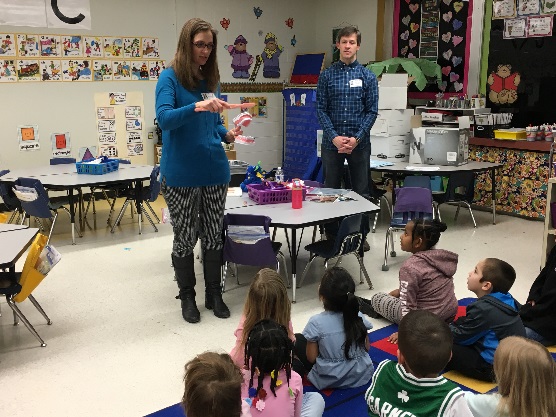

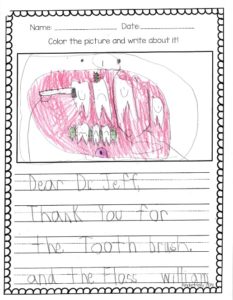
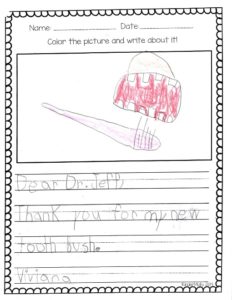
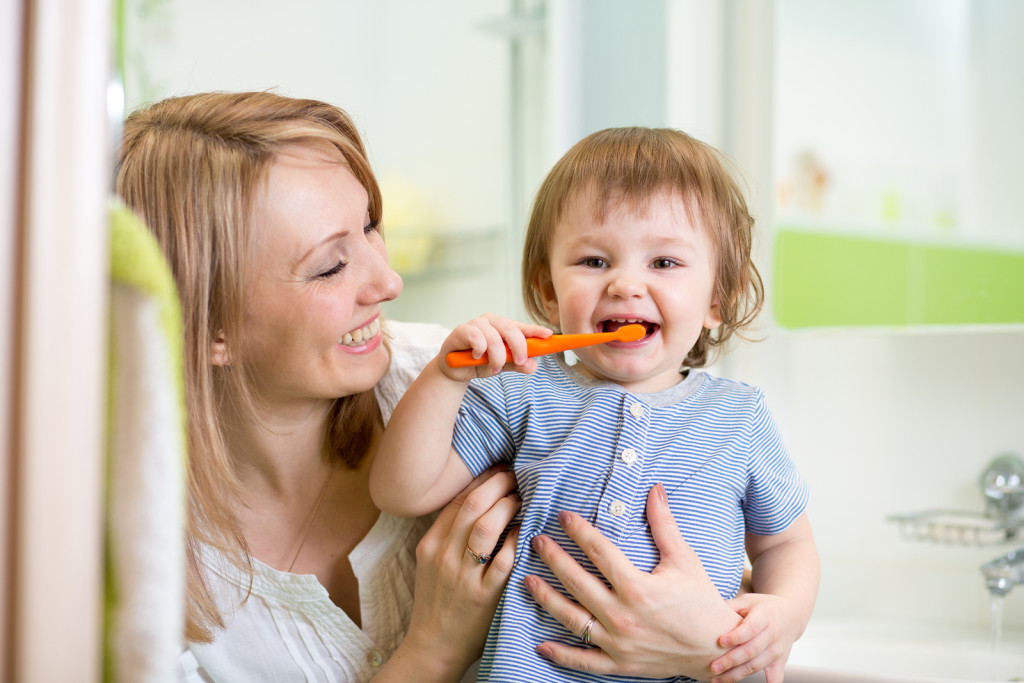
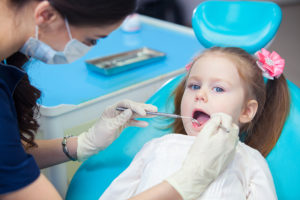
 Paul Casamassimo, D.D.S., professor of pediatric dentistry at Ohio State University College observes, “Children now have much more sugar in their diets at an early age” contributing to their increased propensity to develop cavities. Sugar, when introduced to your mouth, causes bacteria in plaque to produce acids that war against tooth enamel. Plaque is sticky and holds these acids against your teeth causing the enamel to break down over time. This is when cavities form.
Paul Casamassimo, D.D.S., professor of pediatric dentistry at Ohio State University College observes, “Children now have much more sugar in their diets at an early age” contributing to their increased propensity to develop cavities. Sugar, when introduced to your mouth, causes bacteria in plaque to produce acids that war against tooth enamel. Plaque is sticky and holds these acids against your teeth causing the enamel to break down over time. This is when cavities form. In most cases, treatment consists of removing the decaying part of the tooth and replacing it with a filling. Fillings come in a variety of materials. Most often we are using the white composite material with children and adults. Cavities in baby teeth are treated just as seriously as cavities in adult teeth since baby teeth hold space for future adult teeth. When baby teeth fall out prematurely or have to be pulled because of excessive decay, the child is at risk for improper spacing or positioning of adult teeth, making him/her a more likely candidate for braces down the road.
In most cases, treatment consists of removing the decaying part of the tooth and replacing it with a filling. Fillings come in a variety of materials. Most often we are using the white composite material with children and adults. Cavities in baby teeth are treated just as seriously as cavities in adult teeth since baby teeth hold space for future adult teeth. When baby teeth fall out prematurely or have to be pulled because of excessive decay, the child is at risk for improper spacing or positioning of adult teeth, making him/her a more likely candidate for braces down the road.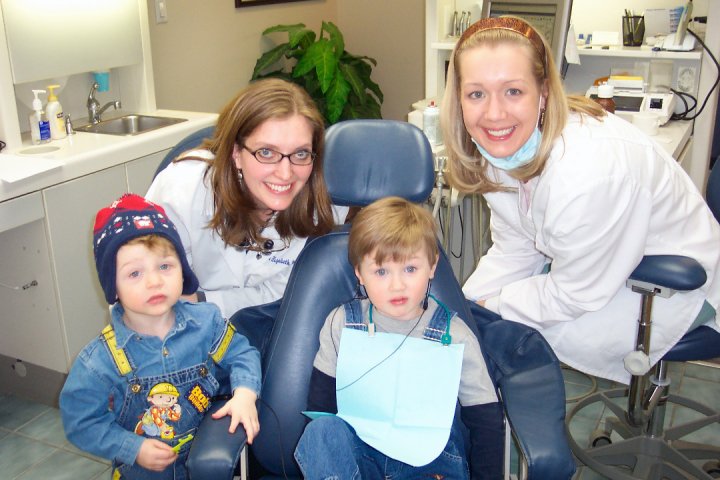
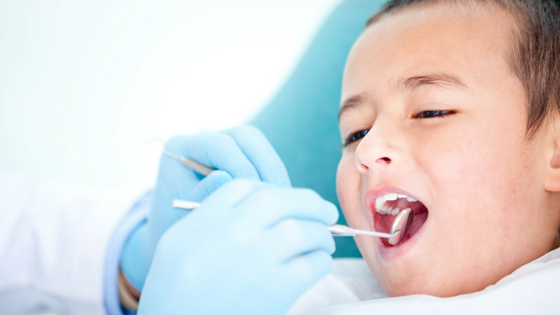
 Talk with your kids in an age-appropriate way about why it’s important that we take care of our teeth and how the dentists at Eggert Family Dentistry help us do that. It might also be helpful to talk with your child about what will happen at the upcoming visit. If Dr. Elizabeth or Dr. Jeff is going to count their teeth, your child might enjoy practicing counting his or her teeth with you in the mirror at home. Keep it fun and positive! Again, role playing is a great way to put a child at ease about something new.
Talk with your kids in an age-appropriate way about why it’s important that we take care of our teeth and how the dentists at Eggert Family Dentistry help us do that. It might also be helpful to talk with your child about what will happen at the upcoming visit. If Dr. Elizabeth or Dr. Jeff is going to count their teeth, your child might enjoy practicing counting his or her teeth with you in the mirror at home. Keep it fun and positive! Again, role playing is a great way to put a child at ease about something new.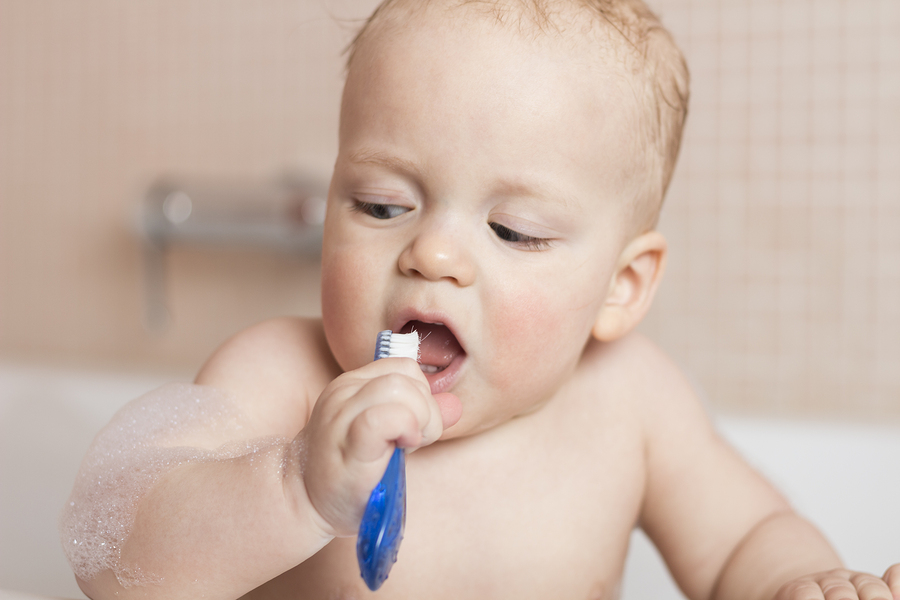
 Teething is a natural process that occurs through age 2-3, when most baby teeth have been pushed through your child’s gums. Erupting teeth can cause discomfort or even pain for your child. If your little one is drooling more than usual, has swollen gums, or a higher than normal temperature, chances are he or she is teething. Alleviate the pain with a cold washcloth or teething ring. Rubbing their gums with a clean finger can also provide relief.
Teething is a natural process that occurs through age 2-3, when most baby teeth have been pushed through your child’s gums. Erupting teeth can cause discomfort or even pain for your child. If your little one is drooling more than usual, has swollen gums, or a higher than normal temperature, chances are he or she is teething. Alleviate the pain with a cold washcloth or teething ring. Rubbing their gums with a clean finger can also provide relief.


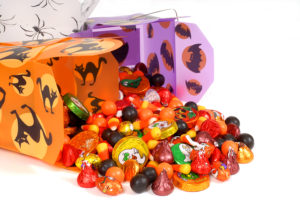 While sugar-free candies are good, sugary hard candies and lollipops are not. They produce saliva like their sugar-free counterparts, but the sugar from the candy gets absorbed by your saliva and washes over your teeth.
While sugar-free candies are good, sugary hard candies and lollipops are not. They produce saliva like their sugar-free counterparts, but the sugar from the candy gets absorbed by your saliva and washes over your teeth.